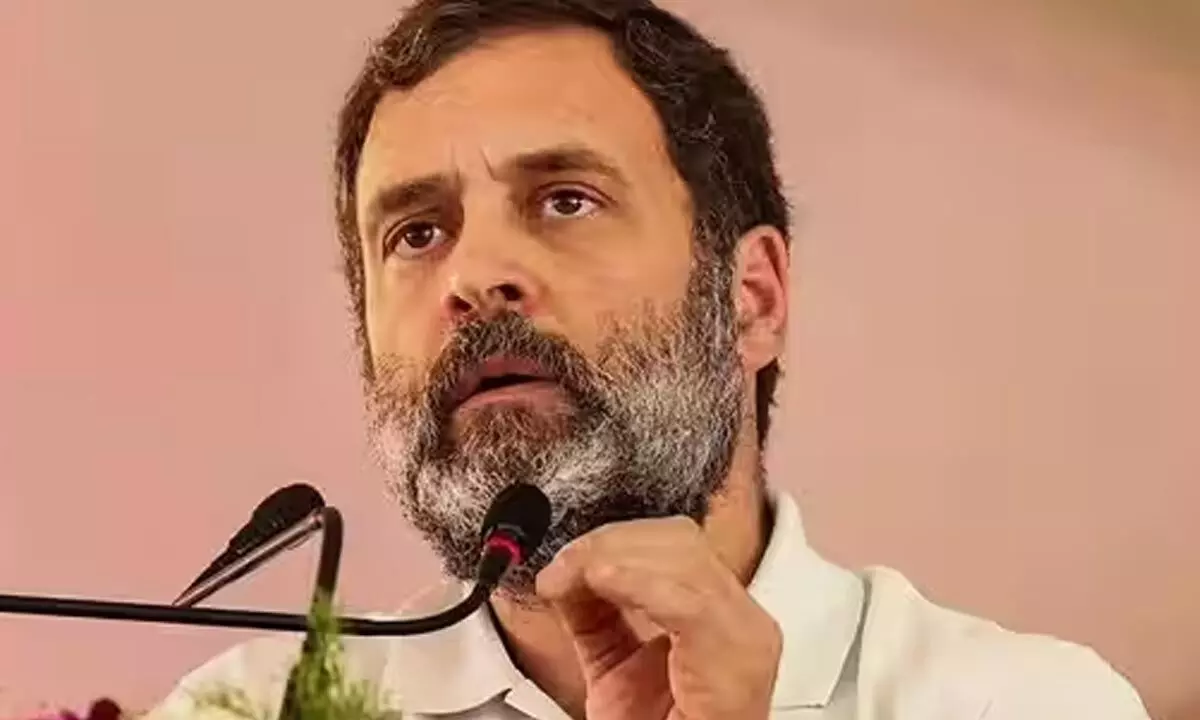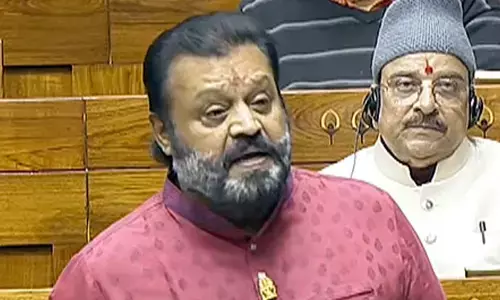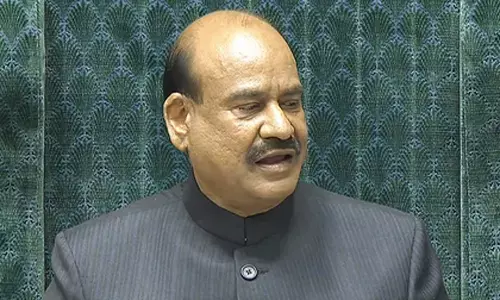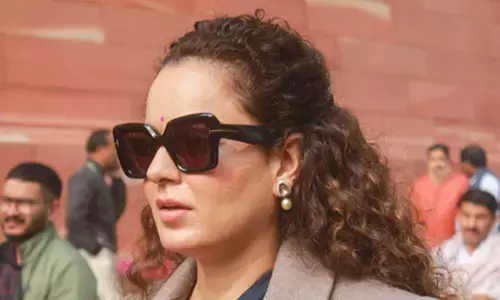Court convicts Rahul Gandhi, grants bail

Congress leader Rahul Gandhi
Congress leader cites his earlier apology in SC
Surat: A court in Surat in Gujarat on Thursday sentenced Congress leader Rahul Gandhi to two years in jail in a 2019 criminal defamation case filed against him over his "why all thieves have Modi surname" remarks.
Gandhi, who was present in the court when the verdict was pronounced, reacted later by quoting Mahatma Gandhi in a tweet in Hindi about truth and non-violence.
The court of Chief Judicial Magistrate HH Varma, which held Gandhi guilty under Indian Penal Code sections 499 and 500, also granted him bail and suspended the sentence for 30 days to allow him to appeal in a higher court, the Congress leader's lawyer Babu Mangukiya said.
As per the Representation of the People Act, a person sentenced to imprisonment of two years or more shall be disqualified "from the date of such conviction" and remain disqualified for another six years after serving time.
The lawyer for the prosecution said it was important for the court to consider the "conduct" of the accused, who had in the past apologized in the Supreme Court and the apex court had asked him to remain alert in the future.
The Congress said Gandhi will file an appeal against the Gujarat court verdict, with a host of its leaders, including party president Mallikarjun Kharge and general secretary Priyanka Gandhi Vadra, speaking out angrily on the matter.
In a tweet in Hindi, Kharge said, "Coward, dictatorial BJP government is incensed at Rahul Gandhi and Opposition because we are exposing their misdeeds and demanding a JPC. Under its political bankruptcy, the Modi government sends police, ED and imposes cases on political speeches. We will appeal in the higher court."
In its order, the court said the accused was a Member of Parliament and whatever he delivers as his speech to the public makes a wide impact, which increases the seriousness of his crime.
"And if the accused is given less punishment, then it sends a wrong message to the public and the purpose of defamation is not fulfilled and anybody will easily slander someone," the court observed. The court also said the Supreme Court had in the past asked the accused to remain alert in the future after he apologised in a case (SLP 46/2018) for his `chowkidar chor hai' remark.
"Despite the Supreme Court alerting the accused, there appears to be no change in his conduct. The accused is a MP, and addressing the public as an MP is serious because it makes a wide impact on the public," it said.
















